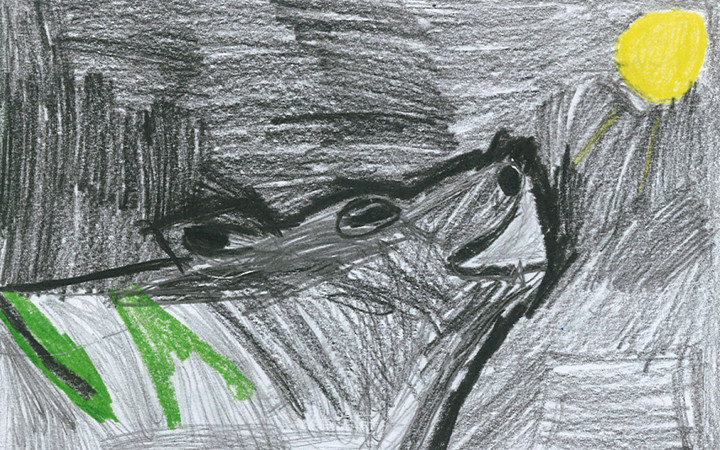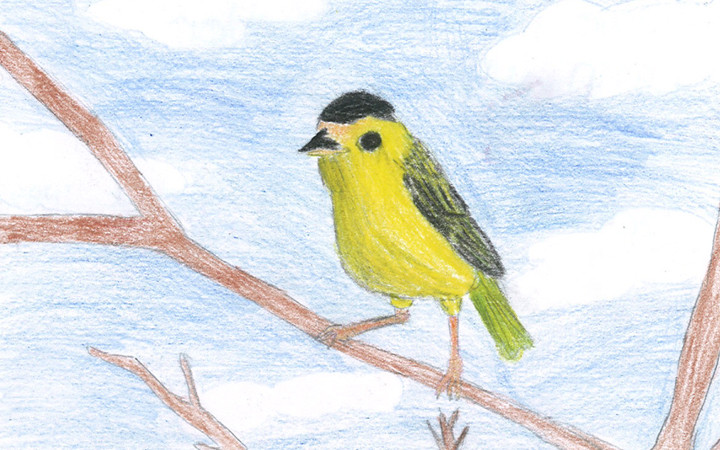DIY Cards

Black-Capped Chickadee
Poecile atricapillus


4 POINTS
• The oldest wild Chickadee lived to be twelve and a half years old! • The “chicka-dee-dee” is one of the most complex vocalizations in all of the animal kingdom.

Northern Flicker
Colaptes auratus


RICHMOND DYKE DECK | 4 POINTS
• Norther Flickers use a drumming technique to attract their mates. • A group of Flickers is called a “guttering,” a “Peterson,” or a “menorah.”

Grey Wolf
Canis lupus


RICHMOND DYKE DECK | 6 POINTS
• Wolves feed on medium to large sized ungulates, marmots, hares, badgers, foxes, polecats, ground squirrels, mice, hamsters, voles, and other rodents. Sometimes they will even eat lizards and toads.

Buttercup
Ranunculaceae


RICHMOND DYKE DECK | 2 POINTS
• Buttercups are native to the Northern Hemisphere.

Wilson’s Warbler
Wilsonia pusilla


RICHMOND DYKE DECK | 3 POINTS
• The Wilson’s Warbler was named after the American ornithologist Alexander Wilson. Ornithologists study birds.

European Starling
Sturnus vulgaris


RICHMOND DYKE DECK | 3 POINTS
• All the European Starlings in North America are descendants of 100 birds set loose in New York’s Central Park in the early 1890s.